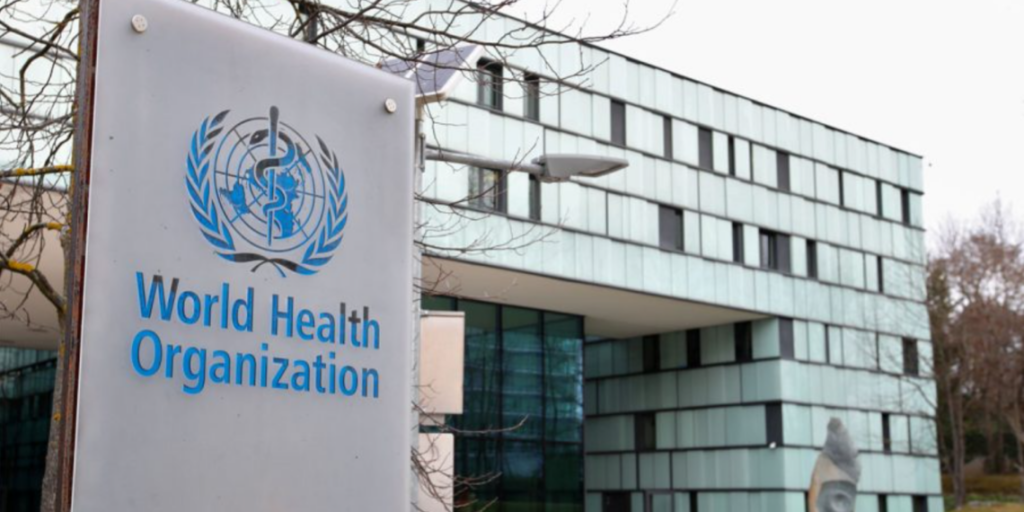
Source: Anthonia Obokoh

The World Health Organization (WHO) has launched a bold new initiative urging countries worldwide to raise health taxes on tobacco, alcohol, and sugary beverages by at least 50% by the year 2035, as part of a global campaign to combat the growing burden of noncommunicable diseases (NCDs).
Dubbed the “3 by 35” Initiative, the campaign aims to reduce consumption of harmful products, generate substantial public revenue, and accelerate progress toward universal health coverage and the Sustainable Development Goals (SDGs).
Noncommunicable diseases such as cancer, heart disease, and diabetes are now responsible for more than 75% of deaths globally, many of which are linked to lifestyle choices driven by the consumption of tobacco, alcohol, and sugar-sweetened drinks.
According to WHO, increasing the real prices of these products through taxation is one of the most effective tools to curb their consumption while improving public finances.
“Health taxes are one of the most efficient tools we have. They cut the consumption of harmful products and create revenue that governments can reinvest in health care, education, and social protection. It’s time to act,”
— Dr. Jeremy Farrar, WHO Assistant Director-General
WHO’s new plan sets an ambitious goal of generating $1 trillion in global revenue over the next decade through targeted health taxes. This revenue could help countries become more self-reliant in financing health services and reduce their dependence on foreign aid and debt financing.
Evidence from countries like Colombia and South Africa has already shown that implementing health taxes can successfully reduce harmful consumption and boost public revenue.
Despite the benefits, WHO warns that many governments still grant tax breaks to industries that manufacture harmful products. In some cases, investment treaties even prevent governments from increasing taxes, undermining public health policy.
The organization is urging policymakers to review and eliminate such exemptions, strengthen fiscal policies, and align tax structures with public health priorities.
WHO reports that more countries are showing interest in domestically funded health systems and are turning to the agency for guidance on smart, equitable taxation.
The “3 by 35” initiative is seen as a key strategy for building resilient health systems, saving lives, and ensuring that countries can fund their healthcare needs independently and sustainably.